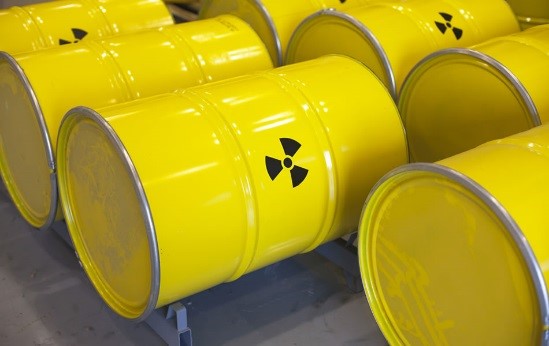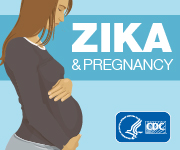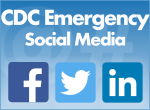Laboratory Information for Radiation Emergencies
Laboratory personnel play a crucial role in response to radiological emergencies by collecting, packaging, and shipping specimens to confirm potential exposures to radiation. Read on for more information about how to respond safely and effectively during a radiation emergency.
Collect Specimens.

- Following a radiological incident, collect urine samples for each person involved. View this flowchart for directions on how to collect urine samples from potentially exposed individuals: CDC Specimen-Collection Protocol for a Radiological/Nuclear Incident
Package and Ship Specimens.
- After collecting the samples, package and ship them to the appropriate laboratory destination based on your state’s radiological terrorism comprehensive response plan. If you are instructed to ship your specimen to the CDC laboratory, follow the directions in this flowchart: Instructions for Shipping Urine Specimens to CDC after a Radiological/Nuclear Incident
- In addition, here is a document with comprehensive instructions for collecting, labeling, packaging, and shipping samples: CDC Shipping Instructions for Specimens Collected from People Who May Have Been Internally Contaminated with Radioactive Materials
- You can find the required paperwork for specimen packages here: Radiological/Nuclear Incident Specimen Collection and Shipping Manifest
Get your Questions Answered.
- For questions regarding this process, contact the CDC Sample Logistics Laboratory by phone at 770-488-7227 or by email at NCEHsamplelogistics@cdc.gov.
- The CDC Information Line is another important source of information. For more questions, call 800-CDC-INFO (800-232-4636) or send an email here.
- Page last reviewed: October 14, 2016
- Page last updated: December 19, 2016
- Content source:
- Maintained By:





 ShareCompartir
ShareCompartir